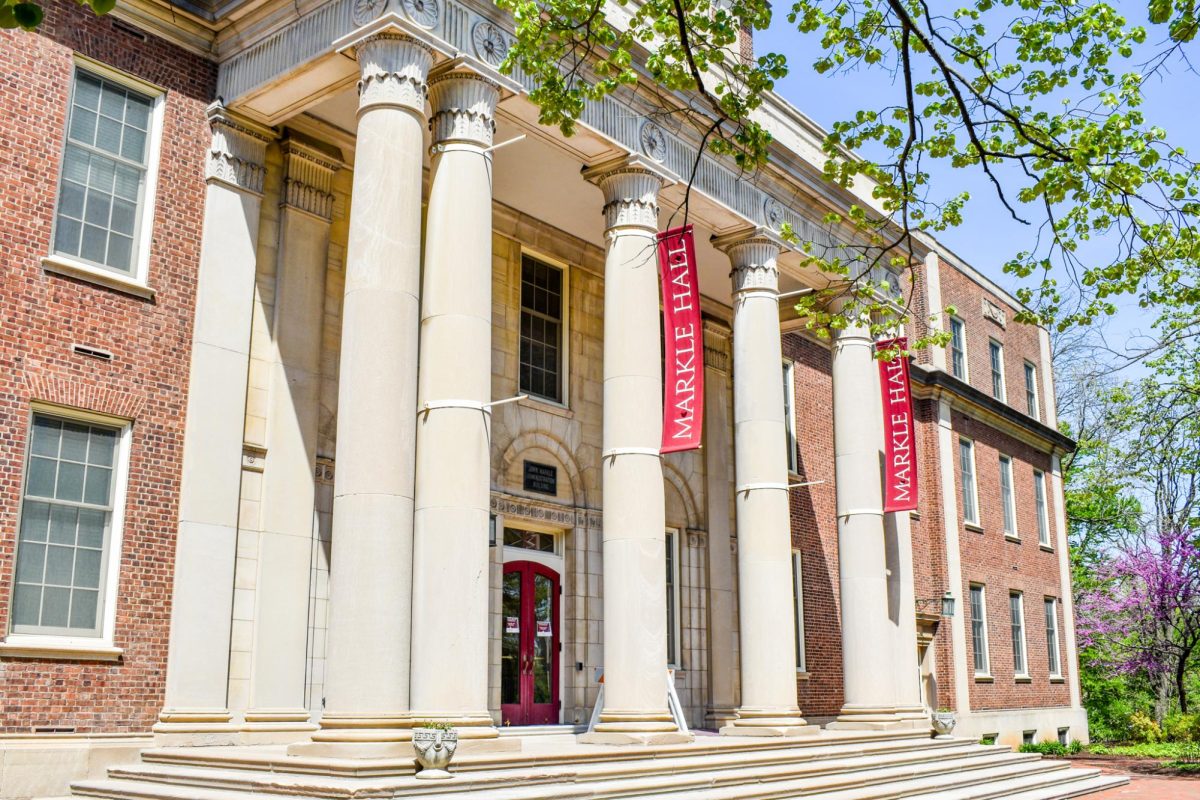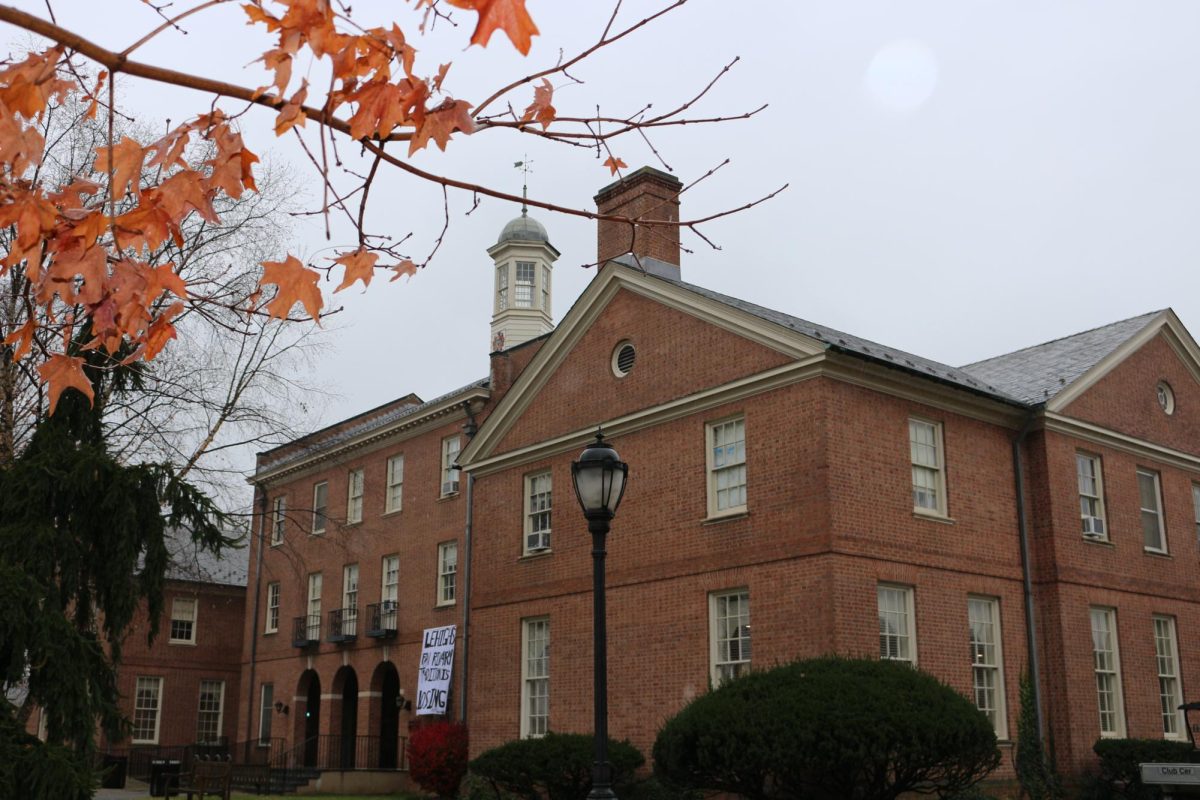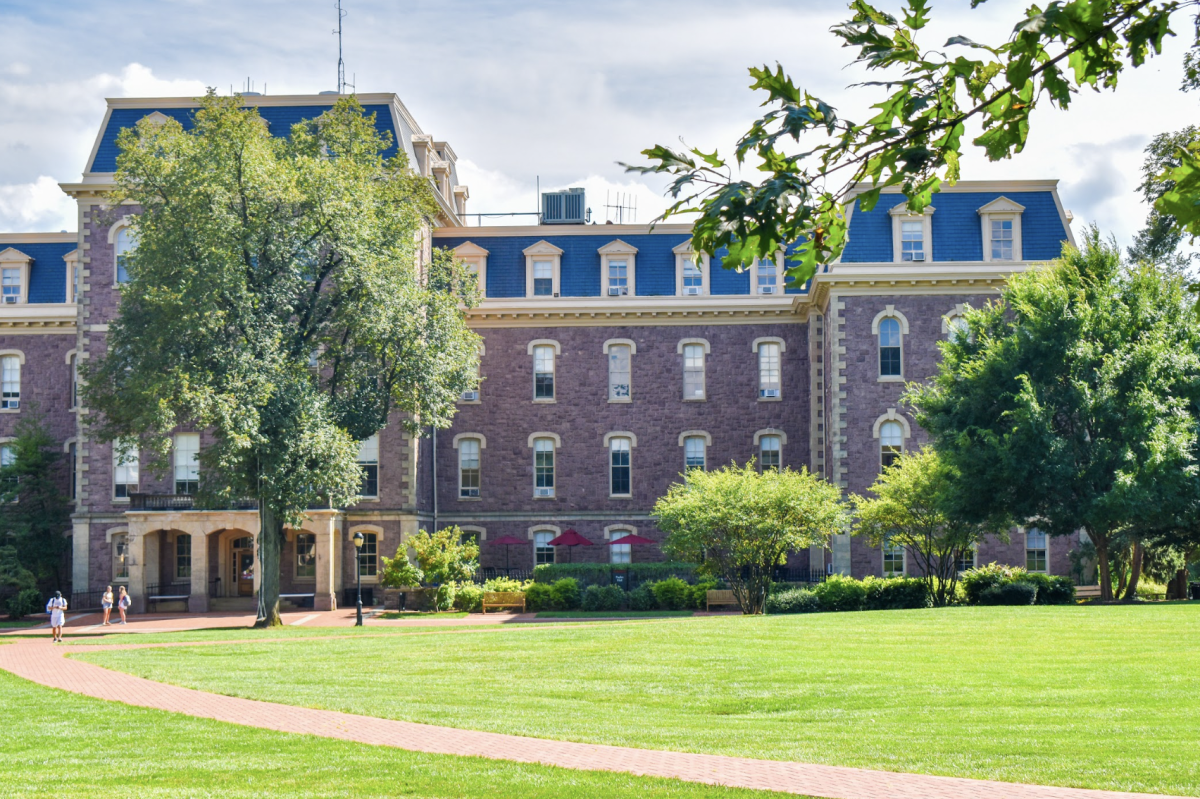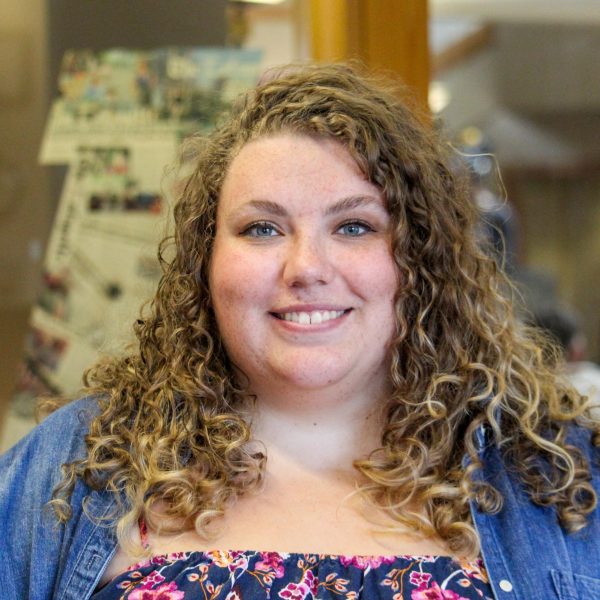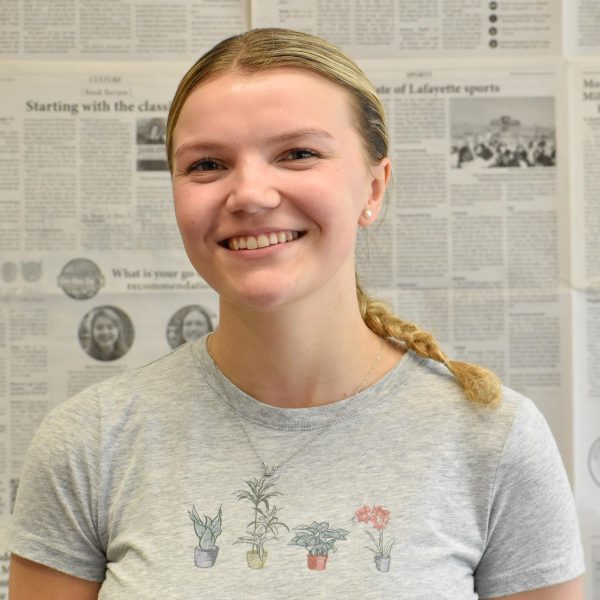With a vote of 95-12, Lafayette’s faculty voted during their meeting last May to approve a revision to the Common Course of Study (CCS) requirements beginning with the class of 2029.
The approval is the culmination of a yearslong effort by the Curriculum and Educational Policy (CEP) Committee, which began an inquiry into the current curriculum during the 2020 school year. This process included consultation with both faculty and students, including a presentation to the Student Government in 2022.
The process is also part of a regular review of the curriculum, required by both the College and the accreditation agency. The last revision, which ushered in the current requirements, was announced in February of 2012.
According to Lawrence Malinconico, professor of geology and member of the CEP, the revision is an attempt to both simplify the curriculum and broaden its scope.
“We didn’t want to add things,” Malinconico explained. “There are a fair number of requirements — some students have [achieved] them easier than others depending upon what your major is, for example – so we wanted to sort of make that a little more straightforward.”
The changes also attempt to clarify some confusion that members of the CEP noticed when gathering ideas from the campus community. For example, the current curriculum allows for a Science and Technology in a Social Context (STSC) credit in lieu of a second Natural Science with a lab component. However, according to Malinconico, this was unclear to many students.
“People didn’t understand that STSC wasn’t a requirement, but that it was a substitute for that second lab course,” Malinconico said.
Instead of requiring two science courses, the revised curriculum will include one course in the study of the natural world, which includes a lab, and one course under the umbrella of human interaction with the natural world, which can fall under any of the following categories: Engineering or Computer Science, Natural Science in Society, Sustainability or Science or Technology and Society.
“[Another] objective here is a way of broadening the approach to the second [science] course so it doesn’t necessarily have to be with a lab, and it can involve people from different divisions that can actually teach within that learning objective,” Malinconico said.
Similar clarifications have been addressed with the current Global & Multicultural requirements, which will transition to a global perspectives credit and a critical engagement with culture and society credit.
According to Malinconico, these designations allow students to gain the same skills but will “frame it a little differently, so it’s more separate and more understandable.”
The nomenclature will remain the same for the elementary proficiency in a second language requirement, the writing requirement and the First-Year Seminar requirement.
College President Nicole Hurd expressed her excitement at the updated requirements.
“If you look at the categories, they are categories that absolutely encourage intellectual exploration, but also have a wonderful sense of practical application,” she said.
Moving forward, faculty members will be tasked with resubmitting their courses with a justification for how they fit the new requirements by February 2025. The following incoming class will be the first to be beholden to the revised requirements. As such, no current Lafayette students will see their graduation requirements change.
“There are a lot of courses at Lafayette right now, and it’s just going to take some attention from all the faculty and for departments and programs to think about their courses and line them up with the new curriculum,” Brett Hendrickson, professor of religious studies and chair of the Faculty Educational Policy (FEP) Committee, said.
The FEP will take over many responsibilities of the CEP under this year’s new committee structure.
“The challenge besides time consumption … is also making sure at the end of the implementation that there are sufficient numbers of courses in each of the attributes so that it will be possible for a Lafayette student to finish their CCS requirements without too many hiccups during a four-year career,” Hendrickson added.






